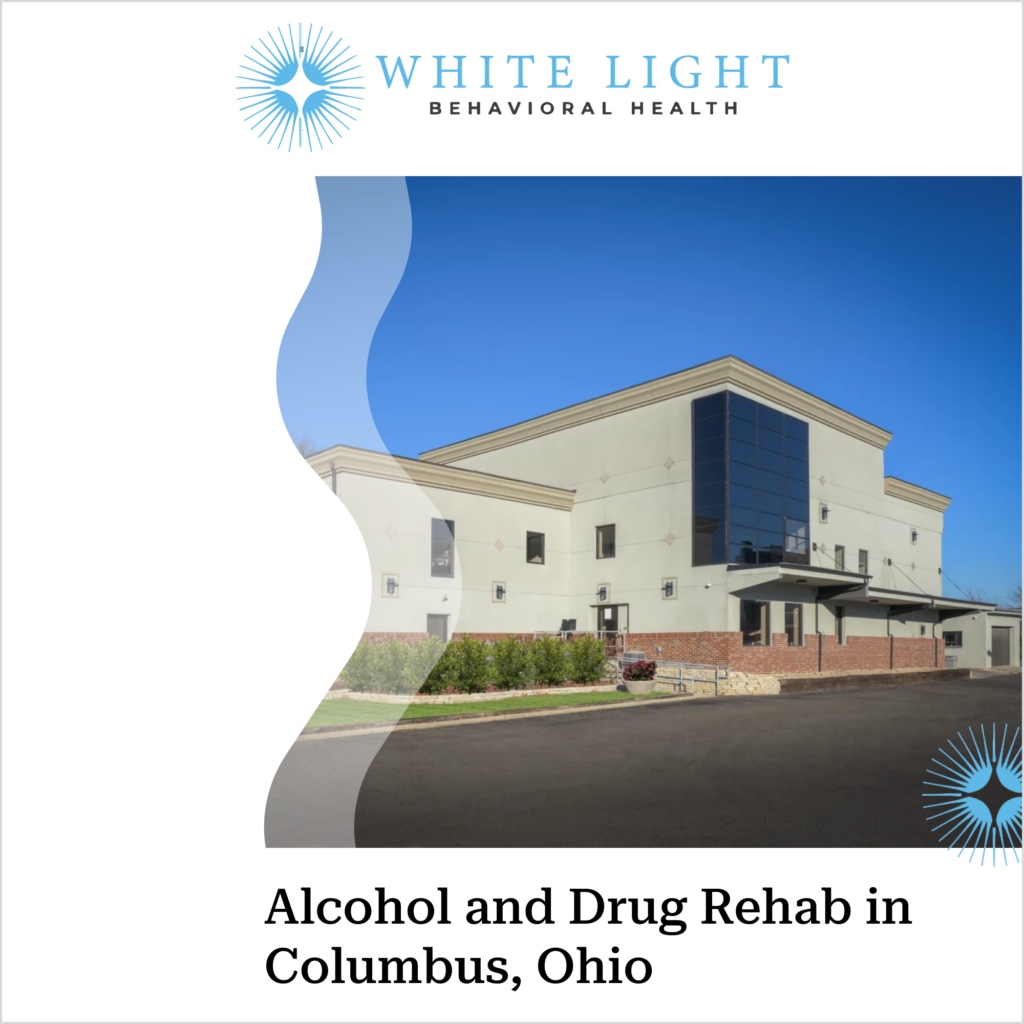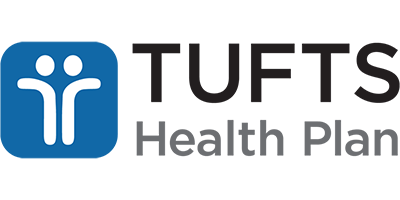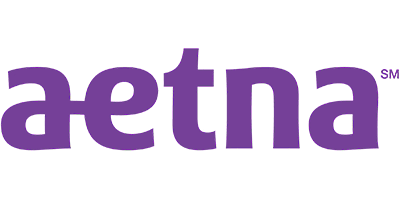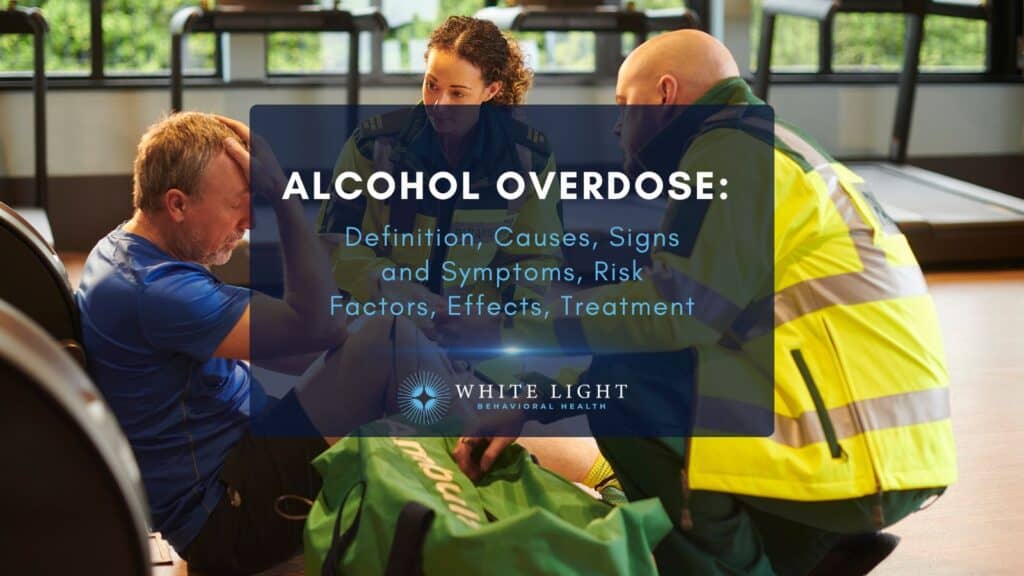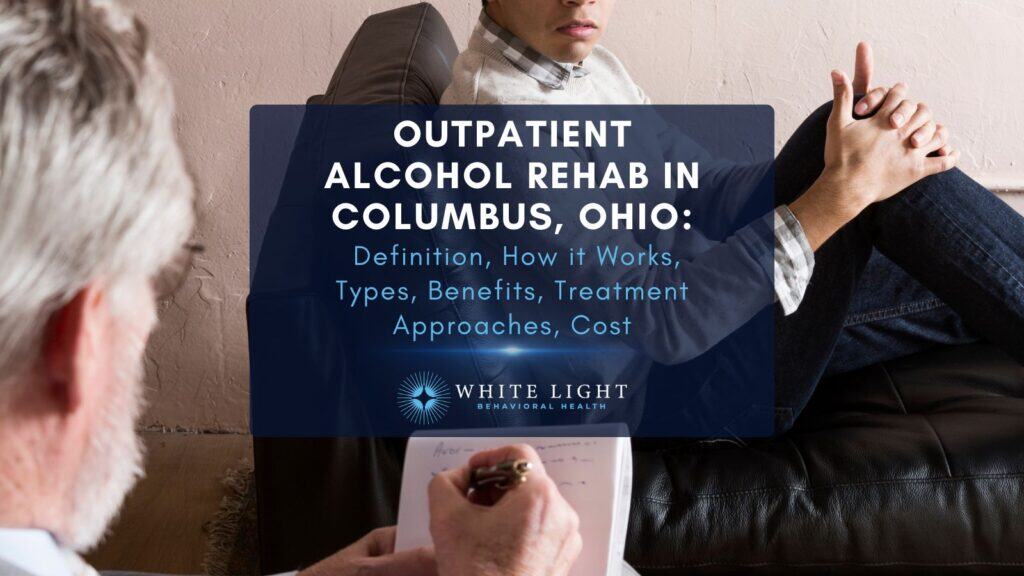Cognitive Behavioral Therapy (CBT): Definition, Usages, Type, Activity, and Effectiveness
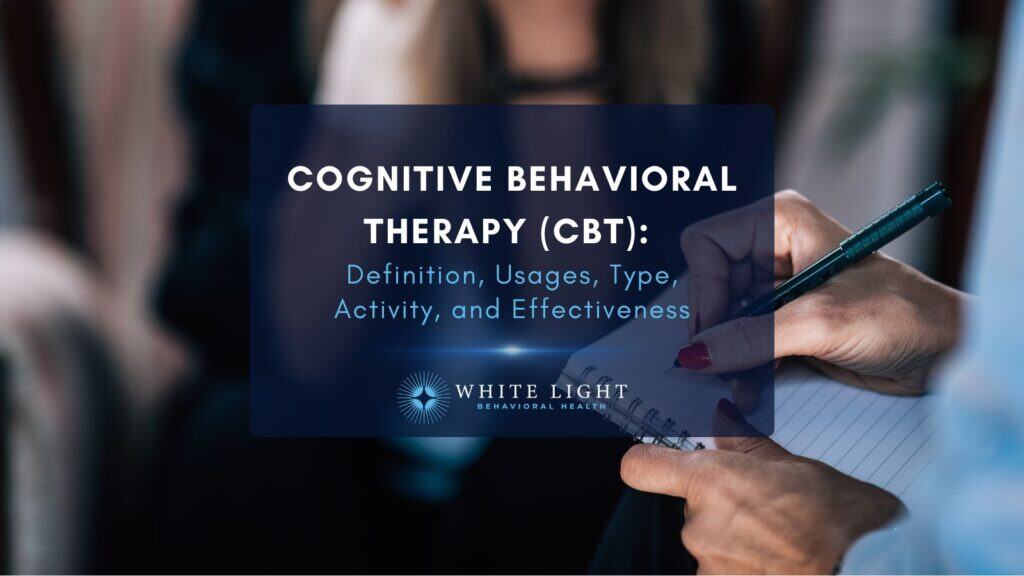
CBT helps you break the cycle between negative thoughts, emotions, and behaviors. In Columbus, it’s a core method used in mental health and addiction care. Whether you’re recovering from trauma or rebuilding after relapse, CBT offers a clear path grounded in action and reflection.
According to the Franklin County ADAMH Board (2023), 65% of clients in county-funded programs report reduced relapse and improved emotional control after CBT-based therapy.
CBT comes in various forms, including traditional cognitive therapy, dialectical behavior therapy (DBT), and trauma-focused CBT, each tailored to specific mental health needs. Common CBT activities include journaling, thought records, behavioral experiments, and exposure exercises, all designed to help individuals identify and challenge distorted thinking patterns. With a focus on present-moment awareness and skill-building, CBT empowers individuals to take measurable steps toward lasting mental and behavioral change.
What Is Cognitive Behavioral Therapy (CBT)?
Cognitive Behavioral Therapy (CBT) is a structured, short-term therapy that helps you change unhelpful thinking patterns to improve how you feel and behave. It’s based on the idea that your thoughts, emotions, and actions are interconnected and that changing one influences the others.
In CBT, you learn to identify distorted thinking, challenge those thoughts, and replace them with more realistic ones. If you’ve struggled with anxiety, depression, or addiction, CBT shows you how automatic thoughts fuel emotional responses and behaviors. By shifting your thinking, you interrupt harmful cycles and regain control.
CBT differs from other talk therapies in that it is action-focused and goal-driven. Instead of exploring your past for long periods, you work on solving current problems. You leave each session with tools like homework, strategies, and mental exercises that build skills for daily life.
Did you know most health insurance plans cover substance use disorder treatment? Check your coverage online now.
What Is CBT Used to Treat in Columbus, Ohio?
CBT is used in Columbus to treat conditions like depression, anxiety disorders, PTSD, and substance use. If you’re struggling with overthinking, emotional swings, or relapse patterns, CBT targets the core drivers, your thoughts. That makes it one of the most practical tools in addiction treatment today.
Addiction recovery programs across Columbus utilize CBT as a foundation. Therapists apply it to help you recognize triggers, manage cravings, and replace destructive habits. Group and individual CBT sessions are standard in detox, inpatient, and long-term recovery plans.
You’ll also find CBT in outpatient care, where it helps with stress regulation and emotional management after discharge. In inpatient units, CBT structures each day with clear goals and feedback. Whether you’re early in recovery or managing chronic depression, this therapy adjusts to where you are in treatment.
What Types of CBT Are Practiced in Columbus Clinics?
The types of Cognitive Behavioral Therapy practiced in Columbus clinics include traditional CBT, trauma-focused CBT (TF-CBT), Rational Emotive Behavior Therapy (REBT), and mindfulness-based CBT. These forms are used across hospitals, private practices, and recovery centers to match your specific needs and diagnosis.
More Resources on Addiction:
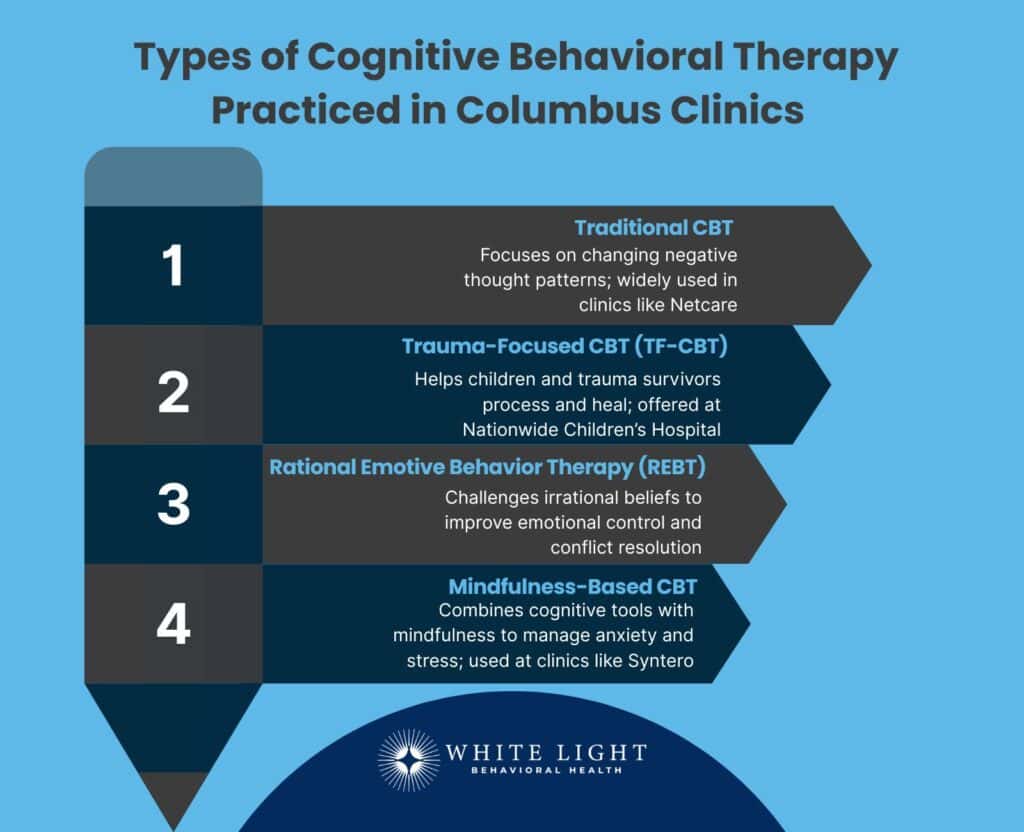
The types of Cognitive Behavioral Therapy practiced in Columbus clinics are:
- Traditional CBT: This is the core method focused on identifying and changing distorted thought patterns. It helps you restructure beliefs and develop healthier responses.
Clinics like Netcare and North Community Counseling Centers use this approach widely.
- Trauma-Focused CBT (TF-CBT): Designed for children and survivors of abuse, this method integrates trauma processing with cognitive tools. Providers such as Nationwide Children’s Hospital offer TF-CBT to treat PTSD and emotional trauma in young clients.
- Rational Emotive Behavior Therapy (REBT): REBT targets irrational beliefs by challenging their logic directly.
You learn to dispute and replace harmful assumptions, which is helpful in high-conflict situations or anger management.
- Mindfulness-Based CBT: Combines thought restructuring with mindfulness practices. You build emotional regulation by staying present and non-reactive.
Clinics like Syntero in Columbus use this for anxiety and chronic stress management.
What CBT Activities and Techniques Are Used in Therapy Sessions?
CBT activities and techniques used in therapy sessions in Columbus include thought records, behavioral experiments, journaling, and role-playing. These exercises help you break down complex emotions into manageable thoughts and actions. You don’t just talk, you practice.
According to the Substance Abuse and Mental Health Services Administration (SAMHSA, 2022), CBT shows a 60–80% reduction in relapse risk when integrated into addiction treatment programs.
Thought record exercises teach you to write down automatic thoughts, evaluate their accuracy, and replace them with more balanced thinking. Behavioral experiments test the outcomes of facing fears or trying new habits, building confidence, and clarity. Role-playing helps you rehearse real-life situations, like confrontations or cravings, in a safe setting.
Journaling adds reflection and emotional tracking between sessions. Cognitive restructuring sharpens your ability to reframe negative beliefs.
Exposure tasks help you face anxiety triggers in steps, whether it’s public speaking or avoiding substances. Each technique is selected based on your goals to build mental strength through repetition and insight.
How Effective Is CBT for Mental Health and Addiction in Columbus?
CBT is very effective for treating mental health conditions and addiction in Columbus, with local programs reporting high success and relapse prevention rates. When used consistently in structured care, CBT reduces symptoms of anxiety, depression, and substance cravings, while strengthening emotional regulation and daily functioning.
Evidence from Ohio-based behavioral health programs (2023) shows that clients who complete CBT-focused therapy experience a 65% decrease in relapse episodes within the first 12 months of recovery.
Research conducted by the Ohio State University Wexner Medical Center (2022 ) found that CBT, when integrated into inpatient and outpatient care, led to measurable reductions in depressive symptoms and a 58% improvement in coping scores among patients with dual diagnoses.
Where Can You Access CBT in Columbus, Ohio?
Where to access CBT in Columbus, Ohio, includes certified therapists, licensed clinics, community mental health centers, and telehealth providers. These sources ensure that you receive structured, professional care guided by evidence-based cognitive-behavioral therapy (CBT) methods.
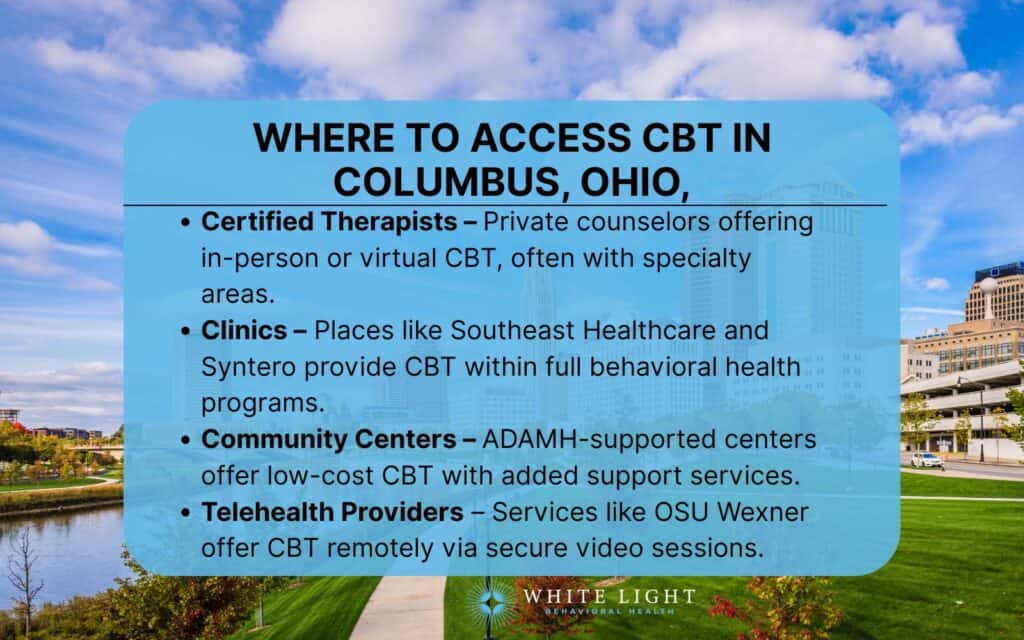
Where to access CBT in Columbus, Ohio, is as follows:
- Certified therapists: Individual counselors in private practice offer CBT in-person or virtually. Many specialize in specific areas like trauma, substance use, or mood disorders.
- Clinics: Facilities like Southeast Healthcare, Syntero, and North Community Counseling Centers provide CBT as part of comprehensive behavioral health programs.
These include assessments, individual plans, and multi-disciplinary care.
- Community mental health centers: Organizations supported by Franklin County ADAMH Board offer accessible CBT to low-income or uninsured residents. These centers often pair therapy with peer support or group sessions.
- Telehealth providers: Platforms like OSU Wexner Medical Center and statewide behavioral health networks deliver CBT via secure video.
This helps you stay on track if you’re unable to attend in person.
To verify licensed CBT providers in Ohio, check the Ohio Counselor, Social Worker, and Marriage and Family Therapist Board’s public license lookup. This ensures your provider meets state standards for clinical competency and ethical care.
Contact us today to schedule an initial assessment or to learn more about our services. Whether you are seeking intensive outpatient care or simply need guidance on your mental health journey, we are here to help.
How is CBT Different from Dialectical Behavior Therapy (DBT)?
CBT is different from DBT in that it primarily focuses on identifying and changing negative thought patterns and behaviors, using structured, goal-oriented techniques. DBT, or Dialectical Behavior Therapy, expands on CBT by integrating mindfulness and acceptance strategies, with a stronger emphasis on emotional regulation and improving interpersonal relationships.
This makes Dialectical Behavior Therapy particularly effective for individuals struggling with borderline personality disorder, chronic self-harm, or emotional dysregulation. In contrast, CBT is commonly used to treat anxiety, depression, and other conditions where cognitive distortions and behavioral avoidance are central challenges.
Share This Post
